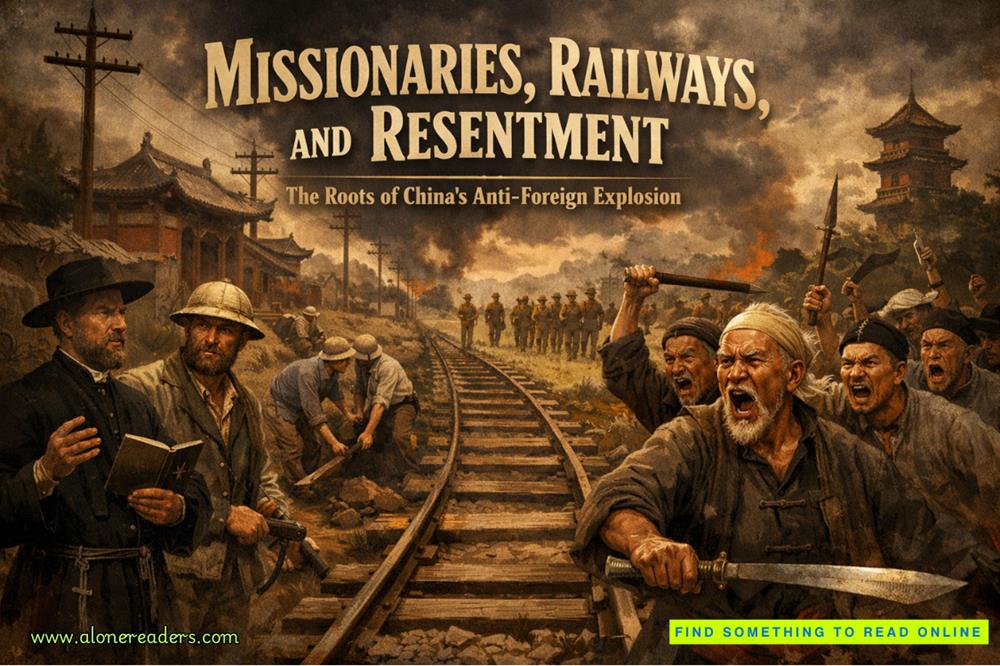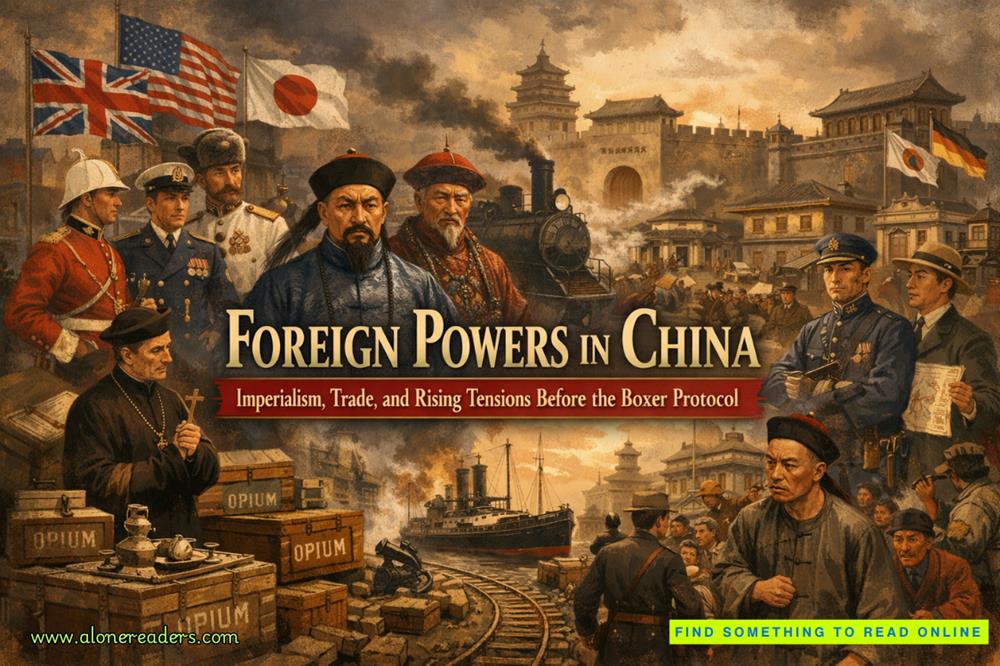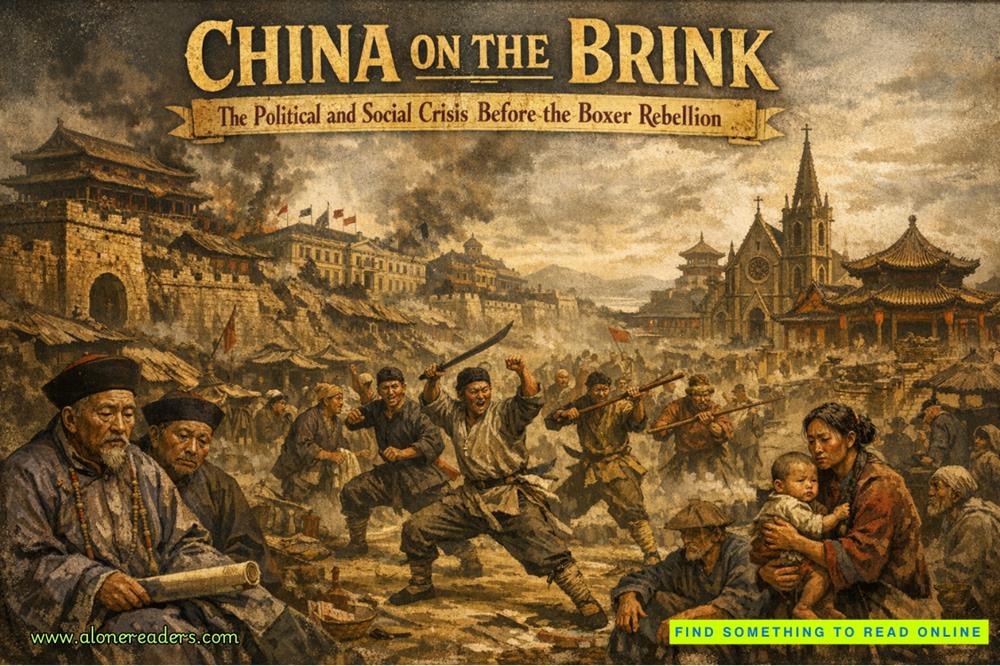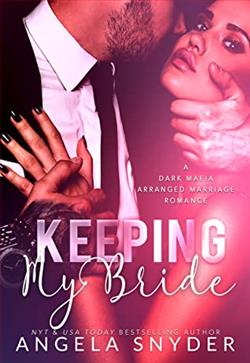"A delivery truck in the right lane was moving too fast for the fog conditions. I remember seeing its brake lights flare as the trailer started to jackknife."
Matthew watched my hands, tracking every unconscious gesture. "The truck rolled."
"Landed on my SUV. Roof compressed like aluminum foil and the passenger compartment crushed to maybe eighteen inches of breathing room." My voice steadied, detached from emotion. "I was trapped, bleeding, probably minutes from death. Everything went dark."
Matthew urged me to describe more. "But there were other vehicles involved."
"Blue sedan against the guardrail. A woman and a toddler—I heard the kid crying through the twisted metal. I wanted to respond, but I couldn't move or speak. I lay there listening to someone else's panic while my blood pooled under the dashboard."
A beat of silence filled the gap between us. Matthew picked up his mug, discovering the coffee had gone cold. He drank it anyway, grimacing slightly at the bitter taste.
"The fog made everything worse. Emergency responders had trouble finding us. Then someone with steady hands and medical training pulled me from the wreckage."
Matthew reached up and ran his fingers through his hair. "You were unconscious when we pulled you out."
"Completely. Woke up twelve hours later in a hospital bed with no memory of anything after the truck rolled." I hadn't lied, but I carefully omitted some details. "Next thing I knew, nurses were discussing my lack of identification and the police wanting to interview me."
"That's when you ran."
"That's when I remembered why someone had been shooting at me in the first place." I picked up my fork again, stabbing at a piece of broccoli. "Hospitals keep records. Records can be accessed. I couldn't afford to stay."
Matthew finished his cold coffee and set the mug aside.
"Stop." His voice cut through my rehearsed narrative. "You're talking to me like I'm a debrief officer. Like I need a clean story instead of the truth."
"What?" My voice was defensive with a higher pitch. It likely confirmed Matthew's suspicions.
"You're lying." It was a statement of fact, not an accusation. "Not about the accident, or about being shot, but you're leaving out the parts that matter."
"I told you what happened."
"You told me a story about random violence and bad timing. What you didn't tell me is why someone wanted you dead badly enough to stage a professional hit on a public highway."
Suddenly, my breathing came in short, sharp bursts. The room's edges began to blur.
"I can't—" My hands trembled. I pressed them against my thighs, trying to calm them.
"Hey." Matthew's voice broke through the noise in my head. "Dorian, look at me."
I tried to focus on his face, but it kept shifting.
"I'm not—" I started, then stopped. Started again. "I'm not built for this part."
I'd undergone training to withstand interrogation, compartmentalize pain, and function under extreme stress. But none of that prepared me for this—
Being asked to tell the truth not under threat, but under kindness.
"What part?"
"The telling. The explaining. The—" I gestured vaguely at the space between us. "This."
I could have shut down and walked it back. Lied more convincingly. But instead, I stayed. Something in Matthew's eyes—steadfast and unflinching—held me in place. For once, I didn't want to disappear.
Matthew stood and crossed over to the couch, settling beside me but leaving space, not crowding. He didn't speak immediately. He sat there while I tried to reassemble my scattered defenses.
When he finally moved, it was to rest his hand on my knee. I flinched and then relaxed. My hands stopped shaking.
I leaned slightly toward him, drawn by the steady certainty of his presence. My breathing began to slow.















